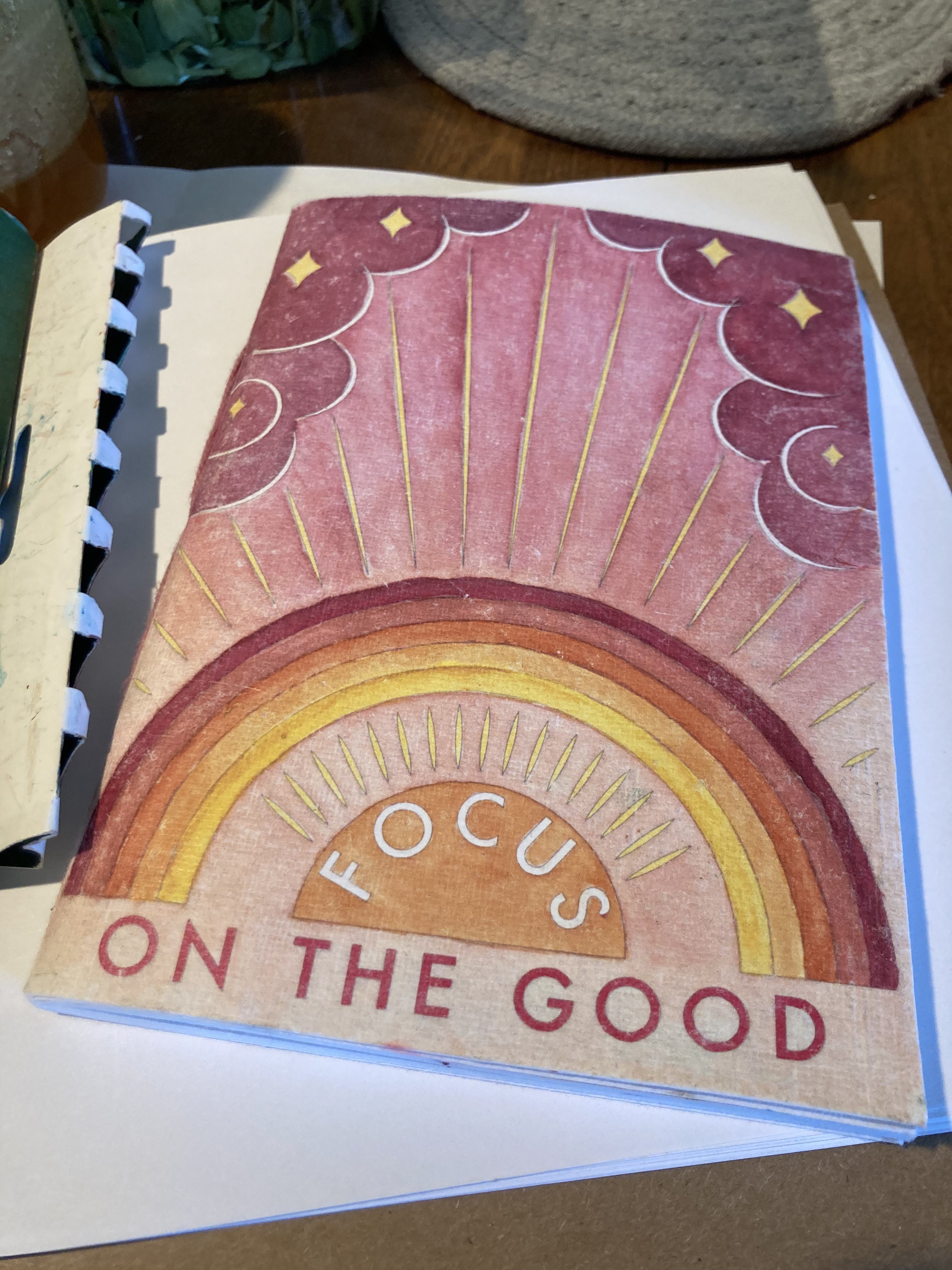Thee, mighty-ruling, Dæmon dread, I call,
Mild Jove, life-giving, and the source of all:
Great Jove, much-wand'ring, terrible and strong,
To whom revenge and tortures dire belong.
Mankind from thee, in plenteous wealth abound,
When in their dwellings joyful thou art found;
Or pass thro' life afflicted and distress'd,
The needful means of bliss by thee supprest.
'Tis thine alone endu'd with boundless might,
To keep the keys of sorrow and delight.
O holy, blessed father, hear my pray'r,
Disperse the seeds of life-consuming care;
With fav'ring mind the sacred rites attend,
And grant my days a glorious, blessed end.
(Orphic Hymn LXXII "To the Dæmon," as translated by Thomas Taylor.)
We sing of holy daimons, who are near to us,
to them and also to the other deathless ones,
for daimons serve quite well the gods who're more divine,
bestow the many benefits on our behalf,
disperse them all, which they receive from Zeus himself,
and which descend to us through all the other gods.
And thus they save us, with some purifying us,
and others elevating or protecting us,
and easily straightening our minds. And so, be kind.
(Plethon, Twelfth Monthly Hymn, to the Daimons, as translated by John Opsopaus.)
